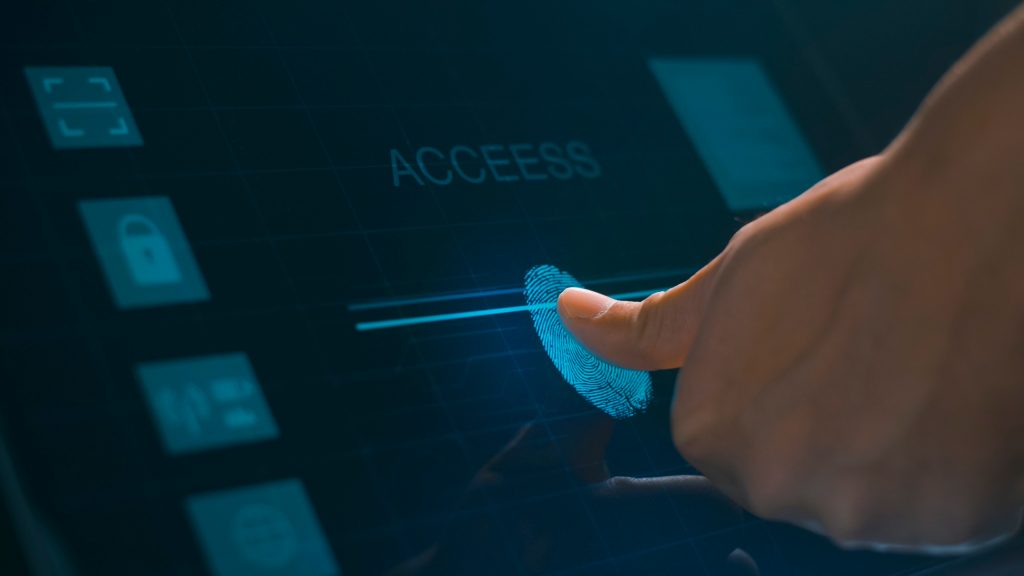The digital age in which we live is constantly growing and evolving, as is the creativity of many cybercriminals who will take advantage of any flaw in the systems of any industry to hack into digital applications. Digital identity theft is a reality and a bad experience that, as an entrepreneur, you could avoid by taking into account identity validation methods.
In order to reduce the number of identity theft crimes, a large industry of proof of identity solutions named “Know Your Customer (KYC)” emerged. Through tools such as biometrics and artificial intelligence, today it is possible to maintain a degree of trust throughout the life cycle that your client will have with your product or service.

What is identity validation?
It refers to the process by which it is sought to ensure that a person or entity is who it claims to be, in order to minimize the risk of carrying out an action on behalf of a third party without authorization.
In addition, as we mentioned at the beginning, today validation is an important requirement due to the digitalization of many of the necessary processes of a company, such as the acquisition of products, carrying out transactions, requesting loans or scheduling appointments, procedures that involve exposure to danger. .
Therefore, below, we will mention some identity validation methods that will help overcome the challenges that lie ahead for entities and customers, in the face of identity theft fraud.

Identity validation methods:
There are different ways to validate the identity of a person, depending on the environment, the place, the security or the agility that is sought in the process.
- Face-to-face: By verifying the ID, we determine if it is authentic or has been manipulated. The person to verify gives you the document for your review, whether in a store, office, bank or branch, the respective validation is made, seeking that the data and information provided coincide.
- Biometric Authentication: Using the unique personal measurements of a person, such as: Fingerprint, voice recognition or facial recognition, we validate the identity through a device that captures the image, fingerprint or voice, comparing it with information from the user database.
- SMS Authentication: It is a traditional method, where the users to be validated receive an SMS code to the telephone number provided by themselves, which works as an access key to a digital service.

Advantages of identity validation:
The use of identity validation tools brings with it many advantages, we will list some of them below.
- Compliance with Anti-Money Laundering (AML) and Know Your Customer (KYC) regulations.
- Prevention of identity theft and money laundering activities.
- Obtaining more customer data, which means more complete identity verification.
- By operating omnichannel, you create an onboarding experience for customers, which leads to more conversions.
Identity theft can lead to financial losses and, above all, negatively impact your brand’s reputation, affecting the trust your customers have in your product or service. And having a slow and ineffective validation process results in people not quickly accessing your services, which leads to churn.

It is for this reason that adopting effective methods and tools for correct identity validation is of vital importance for your company. At Pulse we provide automated identity validation services, complying with all the regulations that are needed in the Latin American market, you will be able to provide greater security and guarantee when interacting with your clients, agility and simplicity. Save time and money, contact us.




